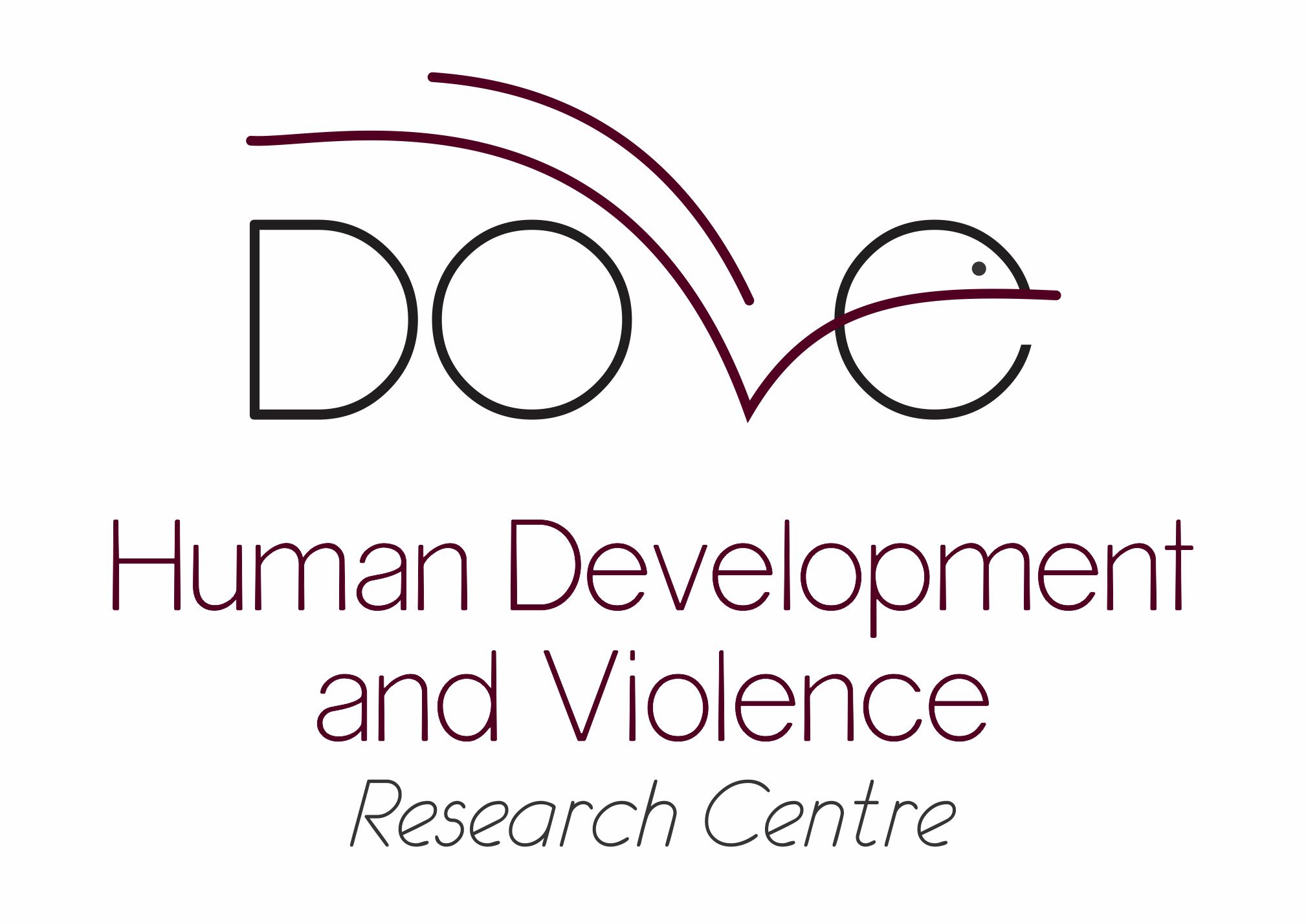Coronavirus pandemic: web survey follow-up from 2015 Pelotas Birth Cohort

The coronavirus disease 2019 (COVID-19) pandemic caused enormous stress for families and children throughout the world. In Pelotas city, in southern Brazil, schools were closed for over a year as the local government battled with containing the pandemic. In this context, a special project was set up to examine risk for mental health problems among caregivers and young children, in an online survey of the 2015 Pelotas Birth Cohort, in 2020. The fact that the cohort had recently been evaluated before the pandemic in 2019 provided important information to examine how difficulties increased during the pandemic and for whom.
A first publication from this project (link to the full article below) revealed strong inequalities in the impacts of the pandemic on caregivers and children. Families already poor in the year before the pandemic were at much greater risk of also experiencing serious financial problems, food shortages, increased conflict in adult relationships, parenting problems, and children worrying about having enough food to eat during the pandemic. For families in poverty, these considerable material and interpersonal difficulties were associated with increases in mental health problems among both caregivers and children.
We are now examining longer term effects of these experiences three-years after the pandemic, and whether inequalities have persisted through time.
Child and Maternal Mental Health Before and During the COVID-19 Pandemic: Longitudinal Social Inequalities in a Brazilian Birth Cohort PDF


